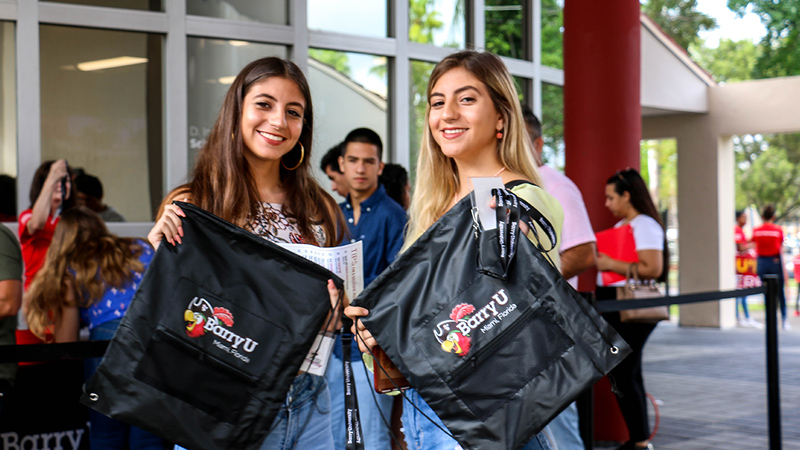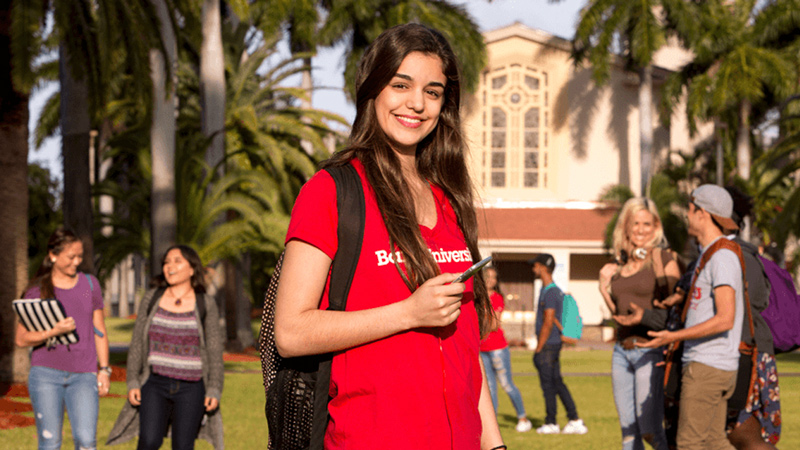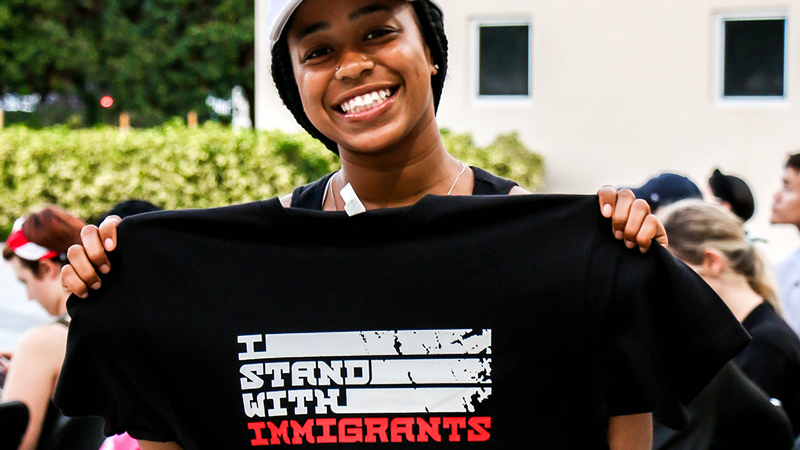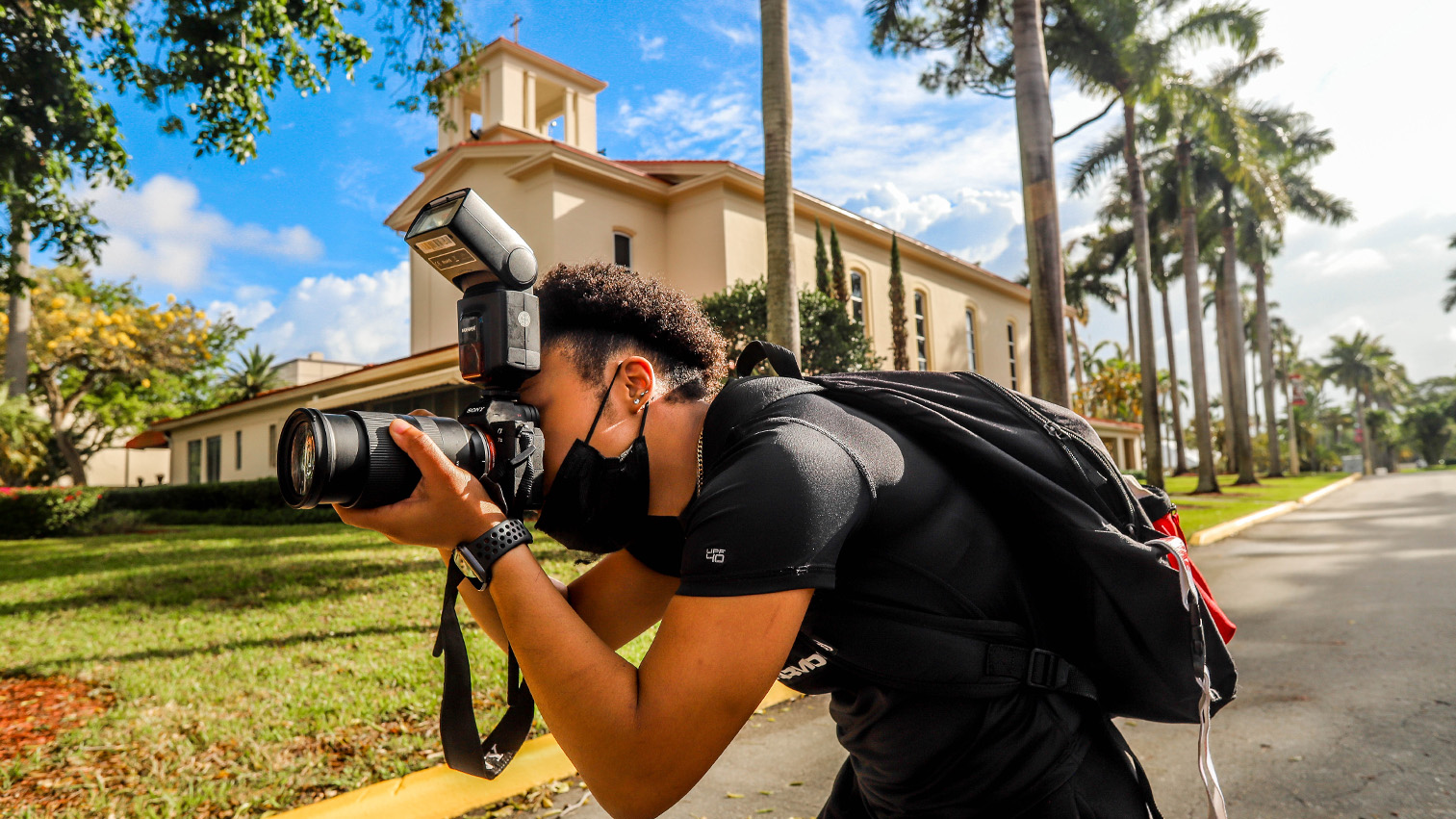Definition of Curricular Practical Training
The regulations state that curricular practical training must be “an integral part of an established curriculum.” They define curricular practical training as “alternative work/study, internship, cooperative education, or any other type of required internship or practicum which is offered by sponsoring employers through cooperative agreements with the school.”
8 C.F.R. § 214.2 (f) (10) (i)
According to the USCIS, the word "required" limits this type of practical training to work experiences which are required parts of the curriculum; however, in an instance such as Economic Hardship, a student may be eligible for CPT. This clarification is discussed below in more detail.
Job Eligibility Requirements
To be considered curricular practical training, the work must not only be related to your major field of study but also must be an integral part of your studies. Training that is required by your degree program always meets the requirements for curricular practical training, regardless of whether you receive academic credit for your work or not. Training which is not required by your degree program may meet the requirements for curricular practical training if you receive academic credit for the employment experience or if it is offered by sponsored employers through a co-op program with your school. If you encounter a training opportunity which involves employment, check with your International Student Advisor to determine if it qualifies as curricular practical training.
Student Eligibility Requirements
Graduate students: (1) must maintain lawful F-1 status, (2) the proposed employment must be a required part of your studies and (3) you may apply for permission to engage in curricular practical training whenever your program requires your participation, even if it is immediately upon beginning your studies.
Undergraduate students (1) must maintain lawful F-1 status, (2) the proposed employment must be a required part of your studies AND (3) you must have completed nine months of full-time study (Fall & Spring- not Summer) in order to be eligible for any form of curricular practical training.
Students must apply for CPT a week before employment start date.
Employment which Is Not a Required Part of Your Degree Program. In order to be eligible to apply for permission to have a job which is not a required part of your study program, you must (1) be in lawful F-1 status and (2) have been a full-time student for at least one academic year AND qualify for ECONOMIC HARDSHIP (separate handout).
English Language Students. Students enrolled in English language training programs are not eligible for curricular practical training.
Part-Time vs. Full-Time Curricular Practical Training
Part-Time Training. Employment for 20 hours or less per week while you are also enrolled for classes is considered 'part-time' curricular practical training. In this case, the employment authorization on page 3 of your USCIS Form I-20 should specify permission to engage in 'part-time' training, and you MUST limit your work to no more than 20 hours per week. There is no limitation on the length of time you may participate in part-time curricular practical training* but you must be enrolled in school during your training in order to maintain lawful F-1 status.
*Important Note: F-1 students who engage in an aggregate of 12 months or more of full-time curricular practical training in one academic year become ineligible for Pre & Post Optional Practical Training. 8 C.F.R.§214.2(f)(10)(i)
























